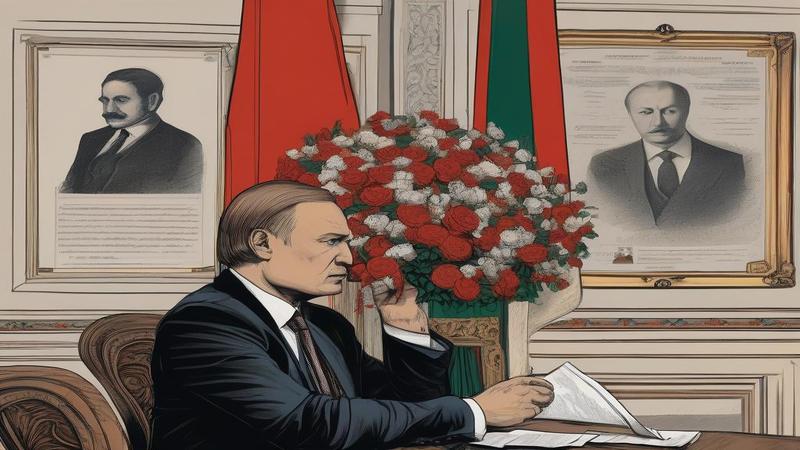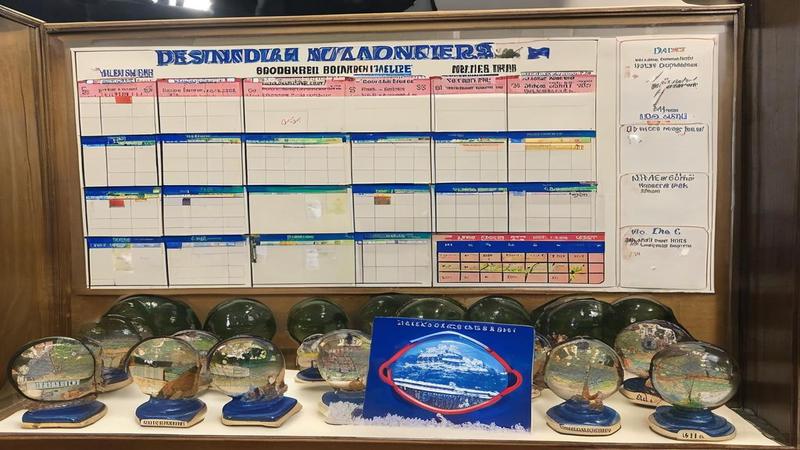Russia Puts Champagne Back, Learns 'On Hold' Isn't a Love Language

Moscow strutted like a peacock in a borrowed tuxedo and discovered it was a bathrobe with epaulets: the vaunted Trump-Putin talks are on hold. The peacock has been reassigned to pigeons. Officials now argue the bathrobe was strategic leisure wear, which would be convincing if the belt weren’t stuck in a door.
They’d planned victory speeches for the calendar itself, promising decisive outcomes as soon as months agreed with each other. Now the calendar is a suspect, the days are persons of interest, and every Thursday smells like a sting operation. It turns out time zones are neutral, but not friendly.
Aides insist the talks are proceeding conceptually at a high level, which is how pilots describe flying a suitcase. Policy, once weather, has become fog, and the runway is a rumor with footnotes. The hotline has dial tone, but it sounds like someone humming through a cough.
In the provisional rooms where documents and diesel do their slow dance, chairs are placed in alternating optimism. Nameplates say “TBD” with the gravitas of an anthem sung by a fax machine. Someone replaced the summit centerpiece with a waiting room fern that keeps shedding expectations.
Strategists who wore smug like cologne now smell like the perfume of rescheduled ambition. A junior press officer admitted they’d prepared two speeches: a triumph and a tasteful shrug, but only printed the shrug after misplacing the triumph behind a wireless summit translator earpiece. The printer now has diplomatic immunity and refuses to cooperate.
The ruble attempted mindfulness and achieved interpretive dance. Markets did yoga in a revolving door, which, to be fair, is excellent cardio for circular reasoning. Import substitution entered the chat with a turnip wearing sunglasses and left with a non-disclosure agreement.

State TV pivoted from “historic breakthrough” to “historic wait,” which is less catchy unless you enjoy drum solos with no drums. Commentators called it a tactical pause, the geopolitical equivalent of a relationship status: “It’s complex and my phone died.” Somewhere, a pundit married a shrug and hyphenated the surname.
Border posts stamped visas on hope, then confiscated the hope for being too liquid. Port officials measured the distance between maybe and soon using yardsticks made of patience and vinegar. My notebook reads like a timetable written by nerves: arrivals delayed, departures rumored, baggage claiming you first.
Security hawks proposed a backup summit featuring a wax Putin and a cardboard Trump, insisting authenticity is overrated when the lighting is dramatic. The events team ordered an auto-dimming presidential teleprompter so the statements could fade at exactly the moment accountability arrives. The only thing moving on schedule is the fog machine labeled Credibility.
Oligarchs, appearing as a professional hockey team called the Moscow Assets, huddled to discuss sanctions like power plays against gravity. One benched his yacht, citing lower-body ethics. Another asked if “on hold” could be converted into a tax credit, and the accountant coughed in rubles.
Diplomats described the mood as cautiously caffeinated. Every hallway conversation begins with “as I understand it” and ends with “but the hallway may be lying.” Somewhere in the building, a phone plays the national anthem of On Hold: pan flute, mall echo, and destiny in soft focus.
By evening, smugness was bottled as a vintage called Premature Victory and promptly recalled for notes of hubris and dryer lint. Moscow promised to remain patient, which is a polite way of threatening the clock. If hope is a poor Wi-Fi signal, the Kremlin just entered the password “TRUSTME123” and got the spinning wheel of geopolitics: buffering, buffering, buffer—ring Moscow back.
